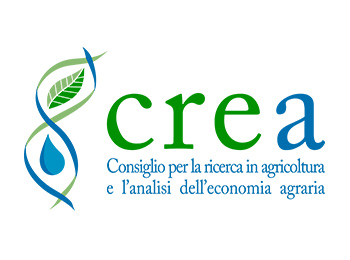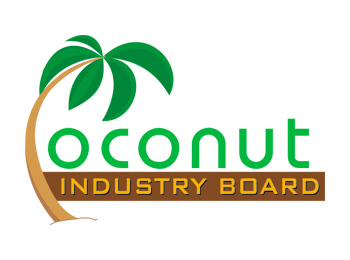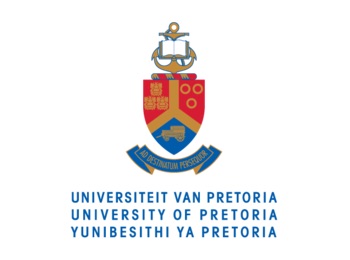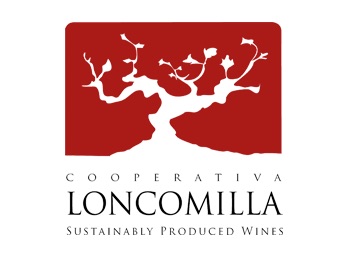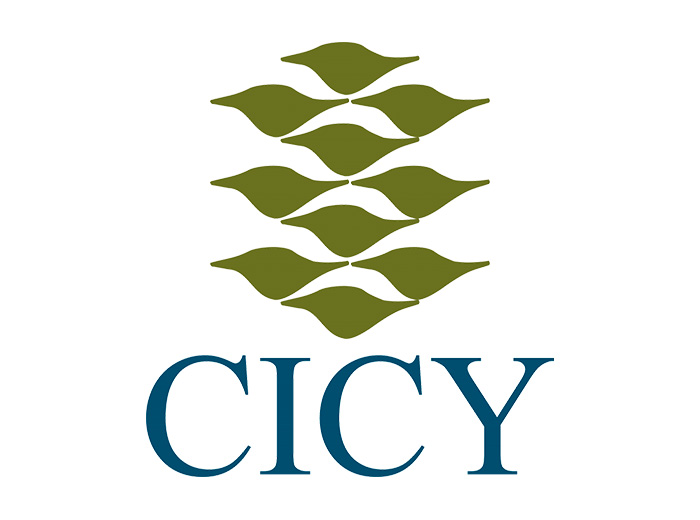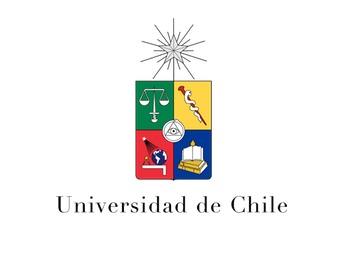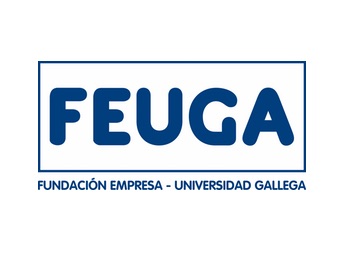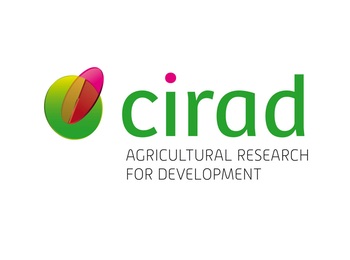Insect-borne prokaryote-associated diseases are seriously affecting the trade and import of agricultural products and materials worldwide. Lethal yellowing in palms and yellows in grapevines, due to the presence of ‘Candidatus Phytoplasma’ species, and huanglongbing in citrus due to ‘Candidatus Liberibacter’ species, are severe infectious diseases that have been recently described, and for their effective, efficient and sustainable management there is the need to fill important knowledge gaps.
In order to increase and strengthen the control strategies available, the Tropicsafe project addressed these diseases focusing on tropical and subtropical areas in nine different regions of Africa, America, Caribbean and Europe.
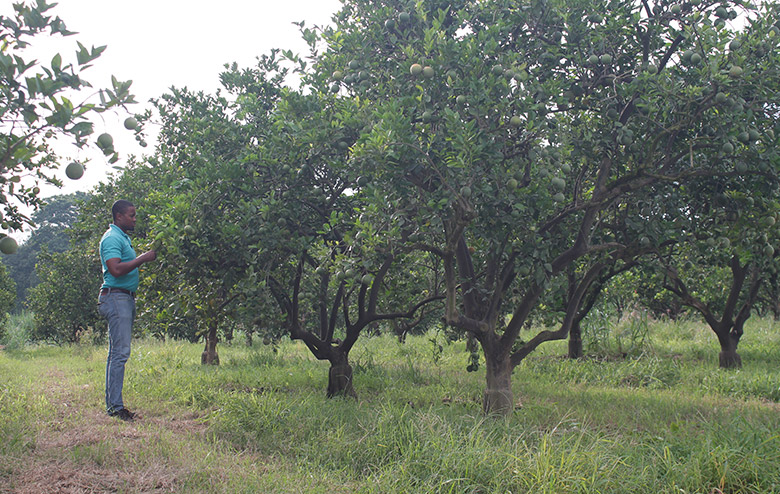
Twenty–two partners from twelve different countries involved
Tropicsafe project was funded by the European Union’s Horizon 2020 research and innovation programme under grant agreement No. 727459. The project aimed to provide innovative tools and solutions to manage and reduce the impact of these diseases due to insect-transmitted bacteria that are affecting and threatening these and other tropical and subtropical agricultural relevant species. A consortium of 22 partners tackled all these issues, aiming to increase and strengthen the control strategies available. A Stakeholders Advisor Board (SAB), with multi-sectorial and multi-stakeholder participation, acted as a consulting and advisory board to suggest and impact on the implementation of important parts of the project and to provide evaluation of outputs.
TROPICSAFE specific objectives were the following:
1
Obtain updated data and information on Lethal Yellowing (LY), Huanglongbing (HLB) and Grapevine Yellows (GY) diseases in the selected countries. It was done by identifying the pathogens associated with these diseases, their alternative host plants and insect vectors.2
Generate new and deeper knowledge on epidemiological cycles of the studied diseases in subtropical and tropical areas. Plant and insect hosts potentially involved were identified.3
Develop advanced Integrated Pest Management and New Pest Management strategies, to reduce the environmental impact of plant protection strategies, prevent the selected pathogens and pests from entering the UE and contain them to prevent spread in countries already infected. Knowledge about germplasm susceptibility/resistance characteristics was also improved.4
Develop rapid and reliable methods for detecting pathogens and identifying insect vectors to reduce cost and environmental impact of phytosanitary control measures (field-validated protocols for early, cheap and specific pathogen detection)
5
Evaluate the socio-economic sustainability and feasibility of the new technologies and Integrated Pest Management strategies (IPM) (scale-up of the demonstration activities, field trials: comparison before and after the innovation introduction, costs estimation related to the adoption of the new practices, study of distributive effects on different social classes)
Work Plan
Partners
- Date
- 20 October, 2017
- Website
- View website
Country: ITALY Main role: The University of Bologna (UNIBO) will be responsible of scientific, technical and overall Project coordination, and will also participate in tasks related […]- Date
- 20 October, 2017
- Website
- View website
Country: Italy Main role: CREA-VE will share its expertise concerning GY diseases, breeding, phenotypic and genotypic characterization of populations, at field and molecular level. CREA-BP will […]- Date
- 20 October, 2017
- Website
- View website
Country: UK Main role: Design of specific primers for LAMP assays for detection of phytoplasmas of coconut in sub-Saharan Africa, including for discrimination between regional variants, […]- Date
- 20 October, 2017
- Website
- View website
Country: Jamaica Main role: Conduct research of the lethal yellowing disease pathogen and its association with insect vectors to improve the livelihood of rural coconut growing […]- Date
- 23 October, 2017
- Website
- View website
Country: South Africa Main role: Survey for the presence of ‘Candidatus Liberibacter’ and ‘Candidatus Phytoplasma asteris’ and their vectors in natural vegetation. Identification of alternative plant […]- Date
- 23 October, 2017
- Website
- View website
Country: Chile Main role: The Cooperative will support the University of Chile carrying out activities related to monitoring and surveillance, epidemiologic studies and communication and dissemination […]- Date
- 23 October, 2017
- Website
- View website
Country: México Main role: Research on LY disease and in vitro propagation of resistant genotypes, molecular techniques related to phytoplasma detection and genetic characterization, survey of […]- Date
- 23 October, 2017
- Website
- View website
Country: Ghana Main role: CSIR will investigate the genetic variability of the CSPWD phytoplasma affecting coconut in Ghana. New diagnostic assays will be developed for new […]- Date
- 23 October, 2017
- Website
- View website
Country: México Main role: COLPO will survey and monitor in order to identify pathogens associated with LY, identify alternative plant and insect hosts and study the […]- Date
- 23 October, 2017
- Website
- View website
Country: South Africa Main role: Development and validation of innovative monitoring and screening strategies and diagnostic assays for aster yellows variants in vineyards. Development of molecular markers […]- Date
- 23 October, 2017
- Website
- View website
Country: Italy Main role: Develop new reagents to be used into cost-effective diagnostic tools for LY and GY pathogens. Agritest will study the feasibility of two […]- Date
- 23 October, 2017
- Website
- View website
Country: Denmark Main role: Leading development of rapid and reliable innovative methods for detection of pathogens and identification of insect vectors, further development of DNA barcodes […]- Date
- 23 October, 2017
- Website
- View website
Country: Slovenia Main role: Development and validation of diagnostic protocols based on LAMP and ddPCR for targeted microorganisms, with special emphasis on on-site application. Description: NIB […]- Date
- 23 October, 2017
- Website
- View website
Main role: Monitoring and surveillance of plant pathology diagnosis, epidemiology and molecular characterization of plan pathogens, contributing to the implementation of national regulations for the prevention […]- Date
- 23 October, 2017
- Website
- View website
Country: Cuba Main role: Research in tropical and subtropical fruit crops, including phytopathology, physiology, management of crops, technology, ecology of pests, postharvest, and others. The institute is […]- Date
- 23 October, 2017
- Website
- View website
Country: Spain Main role: Designing and implementing the dissemination and communication strategy of the project, in collaboration with other partners and tailored to the specificities of […]- Date
- 23 October, 2017
- Website
- View website
Country: France Main role: Investigating the genetic diversity of the phytoplasmas associated with LY, as well as other genes implied in the pathogenicity. Genome-Wide Association Studies involving […]- Date
- 23 October, 2017
- Website
- View website
Country: Spain Main role: IVIA will lead the development of Integrate Pest Management (IPM) strategies in TROPICSAFE. IVIA is a well-known research centre devoted to the […]- Date
- 23 October, 2017
Country: México Main role: ECOTH will be responsible for the selection of areas what will be determined as the location for experiments. It will also participate […]- Date
- 23 October, 2017
Country: Guadeloupe, France Main role: ASSOFWI participates in co-conception of tools and IMP with farmers, surveillance of psyllids; experiment in controlled conditions and in producing conditions, […]- Date
- 23 October, 2017
- Website
- View website
Country: South Africa Main role: VinPro consultancy department will provide well-known local consultants to chair information days, provide administrative personnel, distribute information via a trustworthy contact […]- Date
- 23 October, 2017
Country: South Africa Main role: Survey and characterization of pathogens of GY in alternative host plants and insect vectors, screening and barcoding of alternate host plants […]



